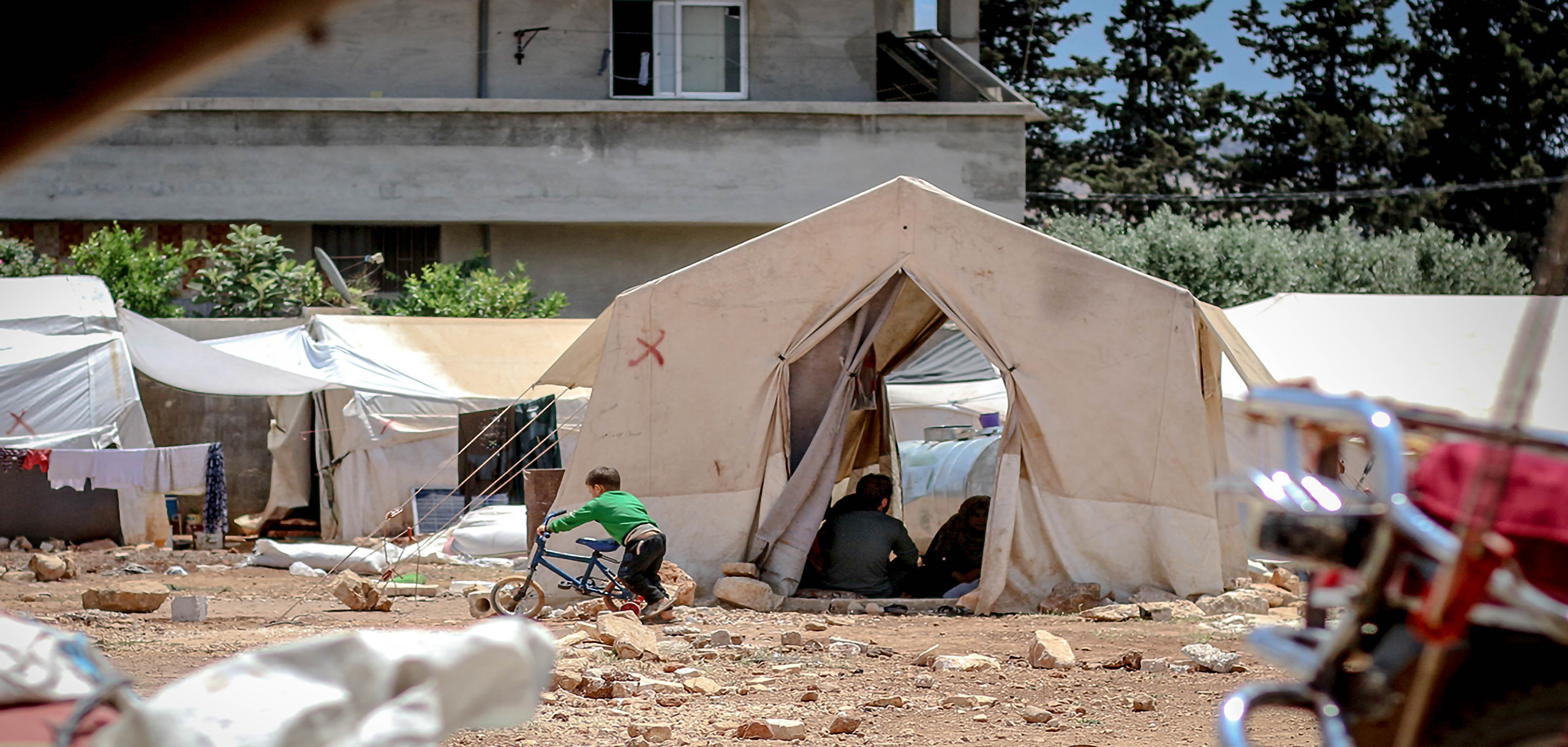Marginalized communities in the wake of Covid-19

Marginalized communities in the wake of Covid-19 - Case studies on women and refugees
As could be expected, marginalized communities have been negatively impacted in the wake of Covid-19. Two marginalized groups were particularly discussed in the PPF, which were women and refugees. The global impact of Covid-19 is straining where the international safety net for the most vulnerable can easily dissipate. The imminent financial implications of the pandemic have increased the gap between needs and responses for vulnerable communities (Maurer et al, 2020).
Gender-inequality
This global pandemic that we have all been fighting this year is, unfortunately, not gender neutral. Through every aspect of the Covid-19 pandemic, women have been disproportionally affected, with 47 million more women in poverty. Indeed, Personal Protective Equipment (PPE), which is used within the medical profession when treating the virus, was designed for men’s bodies. Furthermore, statistically, women are more likely to be in contracted jobs, which are, unfortunately, also less likely to benefit from furlough schemes (Moreno et al, 2020).
In terms of gender-equality around the world, we have seen many drawbacks, with the most prominent being the removal of abortion rights across the global. This led to riots, exposing more women to Covid-19. It is a vicious cycle in which women are trapped in (Maurer et al, 2020). During the Paris Peace Forum, Minister Elizabeth Moreno, who is leading the forum on behalf of the French Administration, stated that women should have guaranteed access to quality abortion and be able to make decisions about their body. This statement was reinforced with representatives from Mexico and UN Women, which testifies of the importance of the matter (Corazza, Gianotti, 2020).
However, it is important to note that the role of women in society has also become increasingly important. When having access to economic opportunities, women invest 90% back into the economy, mainly in health care, education, and resilient infrastructure. These three domains have become even more crucial amidst the pandemic. For comparison, men only invest upwards of 30% back into the economy, which testifies to the clear incentive to hire more women (Corazza, Gianotti, 2020).
There is a strong correlation between gender disparities and divided societies. Women are more likely to be responsible with the burden of care of children or elderly relatives, and have increasingly dropped out of school as care providers schemes have been temporarily closed due to the pandemic. From previous research, there is a high likelihood that girls would not go back to school post-pandemic. In addition to this, due to the increased levels of poverty around the world, girls and women have been trafficked more often this year to sustain to financial needs (Moreno et al, 2020)

Sarah Marine Surget

Article by
Costadina Tsoukala-Steggell

Categories
Categories, Equality, Europe, France, Human rights, Paris Peace Forum Series


